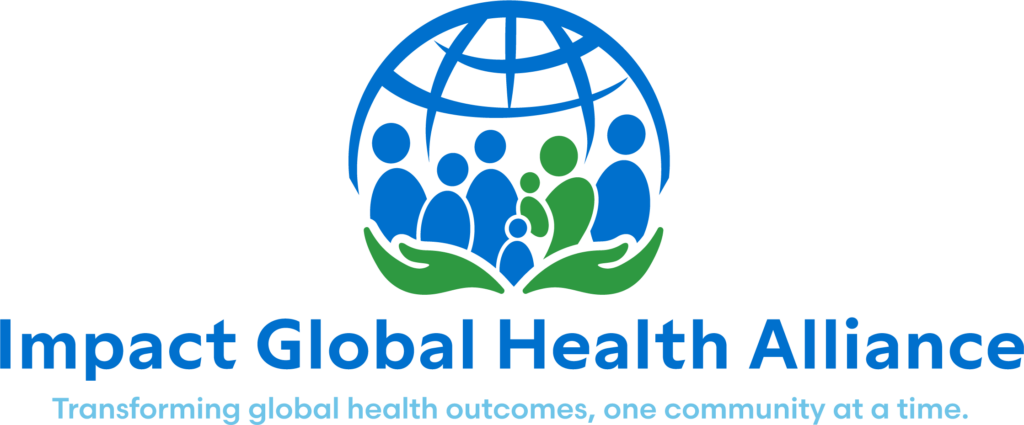Raleigh-based global health nonprofit and partners focus on building technologies that help communities securely collect, share and learn from community health fieldwork to ensure care for all.
November 2021 – Using technology to improve health and access for North Carolina’s marginalized communities is the mission of a new partnership between Raleigh-based Impact Global Health Alliance Global, Microsoft Research (MSR), Together for Resilient Youth (TRY), Eagle Street Market Development Corporation and the Institute for Preventive Health Care and Advocacy (IFPHA) with support from the Rockefeller Foundation through Data.org. Through this collaboration, a team of engineers and researchers from MSR is developing specific technology to support community-based organizations serving on the frontlines of the COVID-19 pandemic that are implementing, reporting and analyzing data.
“Impact Global Health Alliance Global is honored to collaborate with Microsoft Research, the Rockefeller Foundation, Data.org and our partners to make an essential impact that can truly result in life or death situations for our local communities,” said Andrew Herrera, Executive Director of Impact Global Health Alliance Global. “Technology is essential to our everyday lives – we know that incorporating more of it into our world of community health can strengthen our work, but only if it is built by and with the frontline experts who need it most.”
In March 2021, Dr. Mary L. Gray, senior principal researcher at Microsoft Research, put together a 10-member team to create an open-source software (OSS) web application to serve as an intake form and recordkeeper for N.C. Community-Based Organizations (CBOs). Each week, the CBOs shared details about their processes and data management workflows while serving under-resourced community members during the COVID-19 pandemic.
“I am humbled to work with Impact Global Health Alliance Global and colleagues on building the Healthy Community Hub. The pandemic has made it so clear that society needs technologies built with communities rather for them. Direct service organizations, like Impact Global Health Alliance Global and their partners, are lifelines for people pushed to society’s margins. These healthcare workers on the frontlines already know what needs to be done to shore up their neighbors—they were doing it before COVID hit. Now, they are teaching us how to build tech that truly boosts their critical work by sharing their expertise, vision, and needs with our research team. Together, we can create something that puts the power of technologies and data in the hands of those who can make the greatest difference in community members’ lives.” Dr. Mary L. Gray, MacArthur Fellow and Senior Principal Researcher at Microsoft Research.
Unlike typical tech initiatives, the main differentiator for this project was to bring together subject matter experts (i.e., CBOs and their community health workers) and technology experts, like MSR, the Rockefeller Foundation through Data.org, to bridge the information, engineering and tech. The goal of this approach is that the technical systems will be able to better recognize, respect and prioritize social issues and community needs.
The OSS is designed to serve as a critical tool to help effectively and efficiently meet the needs of CBOs serving under-resourced community members facing housing, food, employment, and medical care insecurity. It was publicly released on September 24, 2021.




